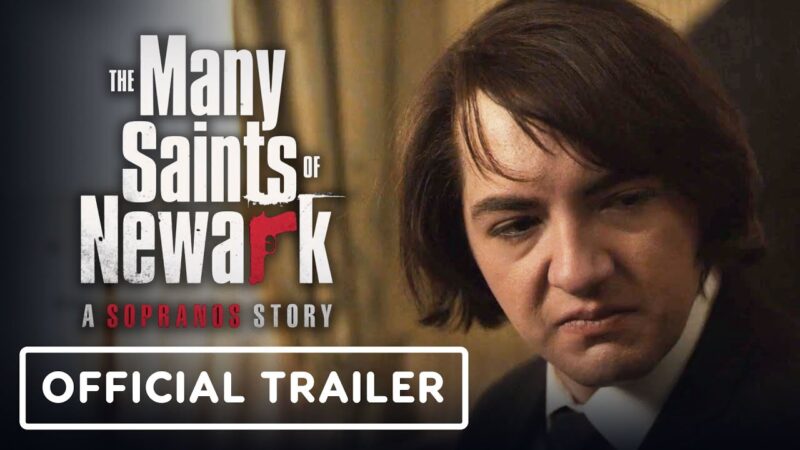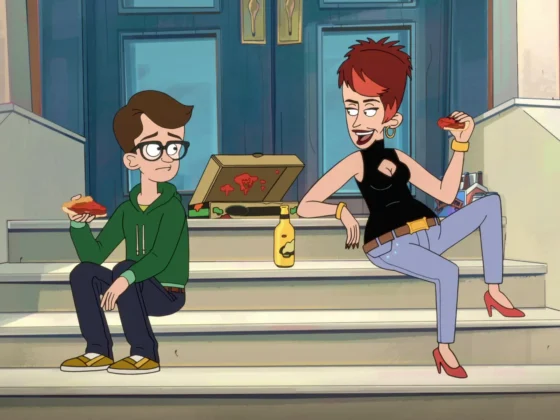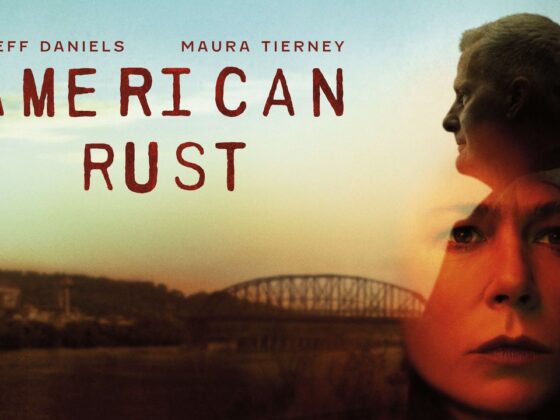The story of Newark is a tale of many saints, and the city has long been known as a place where people from all over the world can come to find themselves.
The Many Saints of Newark is a film that follows the lives of two teenagers in Newark, New Jersey. The movie explores the complexities of life and how it’s not always about what happens but rather how we react to things.
Many individuals have gone into the streaming abyss as a result of the epidemic, catching up on programs they’ve never completed or beginning shows that have been on their radar for a long time. One program in particular has seen a revival in popularity: HBO’s The Sopranos.
The Sopranos is much more than a criminal drama. It’s an existential head trip, a character study, a family drama, and a parody of the American ideal. It’s amusing at times and horrific at others. It’s a ruthless, bleak portrayal of the human condition.
On a personal note, I’ve seen the program many times from beginning to finish. All six of its wonderful seasons have left an indelible impression on my mind. I can quote the program and have done so many times. I’m one of the many Sopranos fans who has read the famed essay on the show’s conclusion. Nothing, in my opinion, beats The Sopranos on television.
The news of a Sopranos movie was met with a lot of excitement. Because it was a prequel rather than a sequel, the film had the potential to solve the program’s legendary riddles or depict previous events only hinted at in the show. Those who are acquainted with The Sopranos mythology would spend hours debating the film’s substance.
It seemed natural when Michael Gandolfini was cast as the young version of the role that his late great father had made famous. Michael has previously shown his acting chops in the HBO series The Deuce. Michael taking up the part of his father, one of the finest performers in television history, a man who was stolen from us much too soon, was very poignant.
David Chase, the creator of the original series, would collaborate on the script. This is comparable to how David Milch (the second of HBO’s great Davids, the third being David Simon, creator of The Wire) co-wrote the long-awaited Deadwood film.
How could anybody be concerned about the film’s final quality, in my opinion?
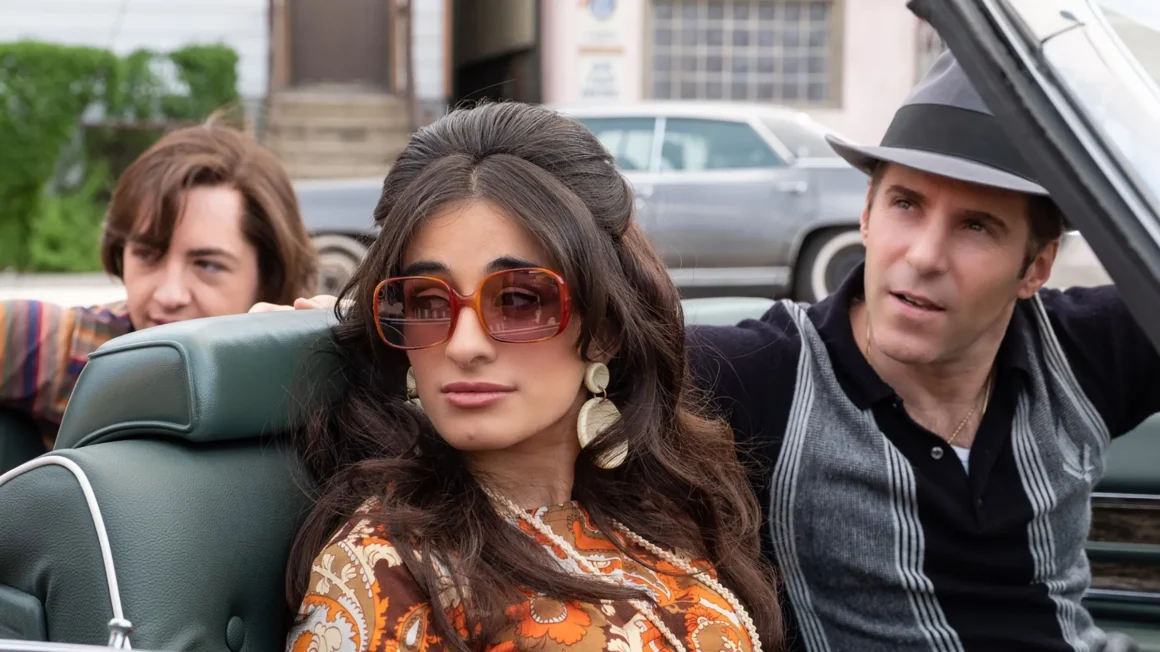
Dickie Moltisanti (Alessandro Nivola) is the father of Christopher Moltisanti (Michael Imperioli), one of The Sopranos’ major characters. Dickie was never shown on the program, although he was there throughout Christopher’s storyline.
The video begins with Christopher’s narration, in which he introduces us to his father and his uncle, Anthony, who would eventually become a father figure to him – keep in mind that if you haven’t watched the show, the film does include significant spoilers. The film is set in the late 1960s in Newark, New Jersey. As a profitable part of the Sopranos crew, we watch Dickie battle with his conscience.
The surge of Black people into Newark, as well as the institutional racism they face, not to mention random acts of police violence, would ultimately lead to the historic four-day Newark riots. During the riot, we witness how Harold McBrayer (Leslie Odom Jr.), a small-time criminal, grows more disillusioned with the American experiment, particularly when it comes to the treatment of African-Americans.
Harold, who was originally cordial with Dickie and his friends, ultimately chooses to take a stance and provoke a conflict. Dickie, meantime, is torn between wanting to be a decent guy and set a good example for his loving nephew while still being a capable mobster.
As a die-hard Sopranos fan, seeing The Many Saints of Newark makes it difficult to be impartial about the film’s overall excellence. On the one hand, my expectations may be excessively high; on the other hand, my love for the program may cause me to be unduly tolerant of the prequel’s faults, even blinding me to them.
I’ve tried to be as impartial as possible while discussing the film’s qualities. My experience was unquestionably good, but it fell short of becoming a gangster classic on the spot.
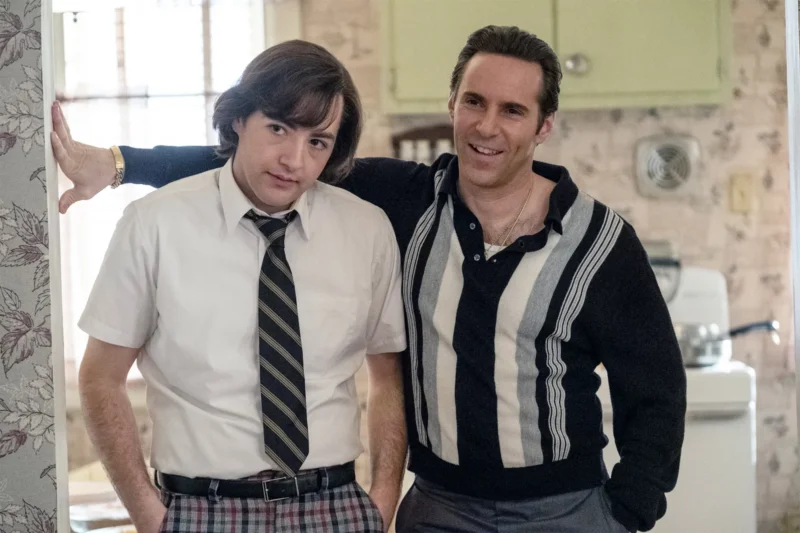
A fight between Johnny (John Bernthal) and Livia (Vera Farmiga), which was mentioned in the show but never seen, is hilariously recreated in the show; a feeble-minded character mentioned in the show but never seen, makes an appearance (played by Corey Stoll); and a feeble-minded character mentioned in the show but never seen, makes an appearance (played by Corey Stoll).
The program includes fan-favorite characters, but their screen time is restricted. Billy Magnussen does a fantastic job imitating Paulie Walnuts’ demeanor. Bernthal is the perfect Johnny Soprano replacement for Johnny Siravo. Tony’s insecure uncle, the source of most of the show’s comedic moments, is played by the always outstanding Corey Stoll.
Only John Magaro’s portrayal seemed more like a cartoonish imitation of Silvio Dante than a full-fledged performance; granted, Steven Van Zandt’s performance was bigger than life, so maybe Magaro’s problem isn’t his.
Vera Farmiga, on the other hand, stands out from the crowd. It’s easy to see this youthful Livia aging into Nancy Marchand’s senior Livia. Vera is already well-known for portraying the mother of Norman Bates, another well-known character who initially appeared in film and subsequently appeared on television. She does it again again.
A scene between Livia and a school guidance counselor also shows the tenderness that lies underneath Livia’s unstable nature. It’s a nice touch for one of the show’s most heinous characters (and that’s saying a lot).
Michael Gandolfini, on the other hand, wonderfully imbues the youthful future mafia lord. His father would be pleased with him.
Some viewers were unhappy that we didn’t get to see much of Tony and his team. A part of me understands, but another part of me feels this complaint is absurd. The marketing made it obvious that this picture wasn’t about them, or even Tony. The deconstruction of Dickie Moltisanti’s mythology was always going to be the focus of this film.
HBO and Warner Bros
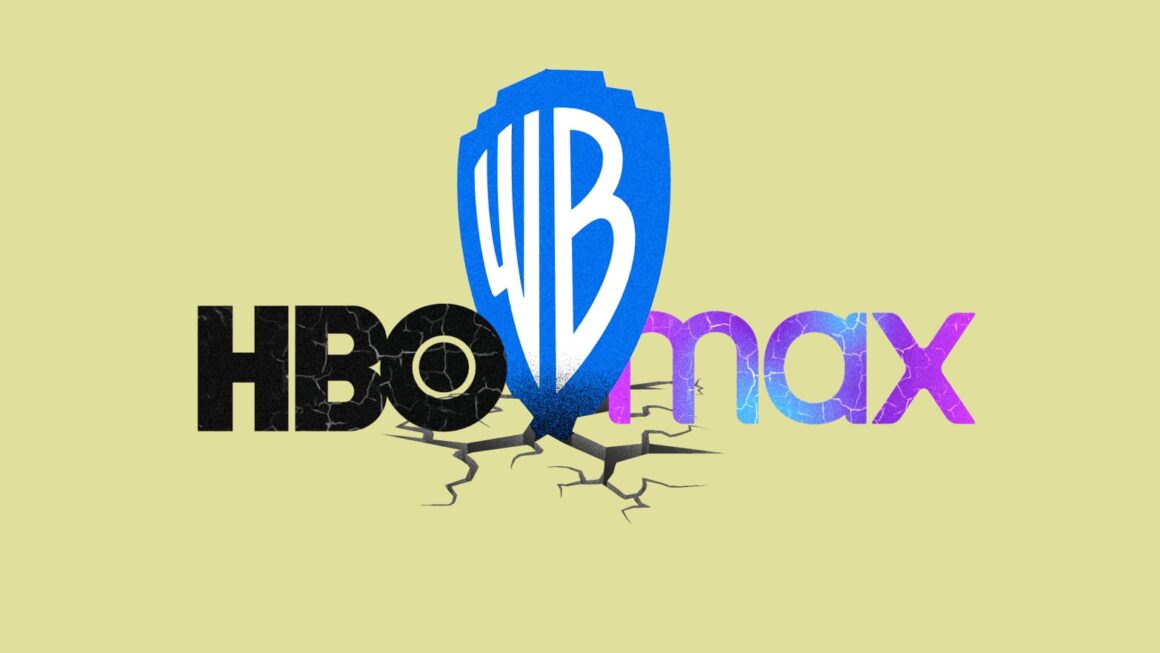
Dickie is a great fit for The Sopranos as a character. A psychologically complicated strong person who is prone to spontaneous violence yet is at heart a sensitive romantic. The paradox that may rip a man apart from the inside is the gangster who wants to flourish in the criminal underground while attempting to preserve his conscience intact.
Chase said in a Rolling Stone interview that he believes actor Alessandro Nivola is undervalued. I’ve only seen him in supporting parts, but he shows himself to be an excellent leading man in The Many Saints of Newark. He exudes confidence, charm, and good looks. Nivola’s study explains why people praised Dickie Moltisanti so much and why he might be the basis of mob mythology.
The film, however, is about the actual guy behind the legend. Dickie’s darker aspects are unapologetically exposed. Nothing is idealized in the Sopranos tradition. Dickie is a nice guy at times, but he also does things that are inexcusable at other times. People are the people that they are. The program, as well as this film, grapples with the issue of whether individuals can change and be forgiven.
At the same time, it’s difficult not to believe that a lengthier duration would have suited the film’s ambitions better. The Many Saints of Newark is just around two hours long. It seems overcrowded and undeveloped at the same time. A twenty- to thirty-minute extension would have provided the film some much-needed breathing room.
There’s a lot happening on: the Newark riots; Dickie and Harold’s friendship; Harold’s radicalization; a love triangle; and Dickie and Tony’s primary connection. You wish the movie would simply take a breather. There isn’t enough time to just watch these folks hang around. As Tony Soprano would say, there aren’t enough “small moments.”

A 5-8 episode miniseries would have been ideal for all of this. Dickie’s broken connection with his father (played by Ray Liotta, who rejected a role in The Sopranos but is now officially part of The Sopranos universe) and his friendship with Harold would be the focus of the first several episodes. Harold’s dissatisfaction with the current quo and intentions to take over would be explored in another episode. Another episode would depict how Dickie and Tony were inextricably linked, and so on.
That is one of the benefits of a television show. You may stack episodes with character development rather than narrative in a twelve-episode season.
You won’t be upset by the absence of backstories or development with the supporting cast if you’re acquainted with the program and its characters. Those who are unfamiliar with the program, on the other hand, will have a quite different experience.
Overall, The Many Saints of Newark is an excellent addition to the performance. It’s the epitome of what a prequel should be like. It contributes to the mythology of the Sopranos. It doesn’t offer us any spoilers with the answers it does provide us, which Better Call Saul, which is partially a precursor to Breaking Bad, also handled well by delving into Mike Ehrmantraut’s past.
I don’t believe The Many Saints of Newark stands up as well for those unfamiliar with the program, and it wouldn’t be nearly as powerful if it did. But, as a fan, I’m glad to have been reintroduced to this universe.
The conclusion leaves the possibility of a sequel open. I’m not sure whether there’s a need for a sequel. There’s enough to discover, but we don’t need to be overabundant with Sopranos material, as we have been with Star Wars, Star Trek, Marvel, and other franchises.
But if David Chase is engaged again, maybe with writer Terence Winter, I won’t be able to say no.
